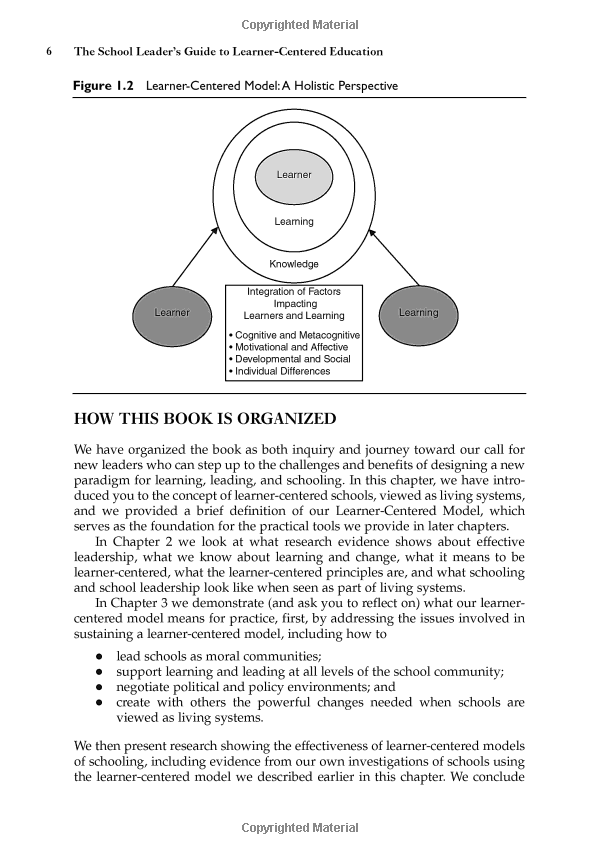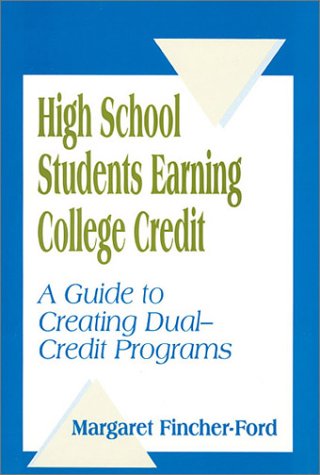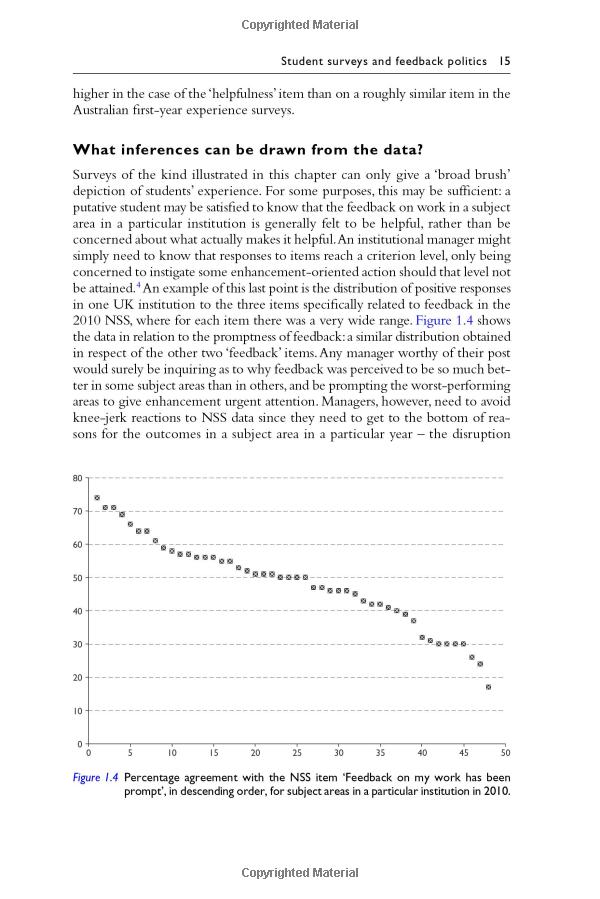Effective Strategies to Decrease Student Loan Payments: A Comprehensive Guide
#### IntroductionNavigating the world of student loans can be overwhelming for many graduates. With rising tuition costs and economic uncertainties, underst……
#### Introduction
Navigating the world of student loans can be overwhelming for many graduates. With rising tuition costs and economic uncertainties, understanding how to decrease student loan payments is crucial for financial stability. In this guide, we will explore various strategies, tips, and programs that can help you manage your student loans more effectively.
#### Understanding Student Loans
Student loans can be a significant financial burden, often leading to stress and anxiety. Many borrowers may not fully understand the terms of their loans or the options available to them. To effectively decrease student loan payments, it’s essential first to grasp the different types of loans—federal versus private—and their respective repayment plans.
#### Federal Loan Repayment Plans
Federal student loans offer several repayment plans designed to accommodate various financial situations. Some of the most popular options include:
1. **Standard Repayment Plan**: Fixed payments over ten years. This plan typically offers the lowest total interest paid but may not be manageable for everyone.

2. **Graduated Repayment Plan**: Payments start low and increase every two years. This plan is suitable for those expecting their income to rise significantly.
3. **Income-Driven Repayment Plans**: These plans adjust your monthly payment based on your income and family size. Options include Income-Based Repayment (IBR), Pay As You Earn (PAYE), and Revised Pay As You Earn (REPAYE). These plans can dramatically decrease student loan payments for those with lower incomes.
#### Loan Forgiveness Programs
Another effective way to decrease student loan payments is through loan forgiveness programs. For example, Public Service Loan Forgiveness (PSLF) is available for borrowers who work in qualifying public service jobs. After making 120 qualifying payments, the remaining balance on your Direct Loans may be forgiven.
#### Refinancing and Consolidation

Refinancing your loans can also help decrease student loan payments. By securing a lower interest rate, you can reduce your monthly payments and the total interest paid over time. However, it's essential to consider that refinancing federal loans into a private loan means losing federal protections and benefits.
Loan consolidation is another option where multiple federal loans can be combined into one, potentially lowering your monthly payment. However, it’s crucial to understand the implications of consolidation, as it may extend your repayment term and increase the total interest paid.
#### Budgeting and Financial Planning
Creating a budget is vital for managing student loans effectively. By tracking your income and expenses, you can identify areas where you can cut back and allocate more funds toward your loan payments. Additionally, consider building an emergency fund to avoid falling behind on payments in case of unexpected expenses.
#### Seeking Professional Advice

If you're feeling overwhelmed, seeking advice from a financial advisor or student loan counselor can provide personalized strategies tailored to your situation. They can help you understand your options better and create a plan that works for you.
#### Conclusion
Decreasing student loan payments is not just about making lower monthly payments; it’s about understanding your loans, exploring available options, and planning for your financial future. By taking proactive steps, you can alleviate the burden of student loans and work towards a more secure financial situation. Remember, every borrower’s situation is unique, so it’s essential to find the strategies that work best for you.